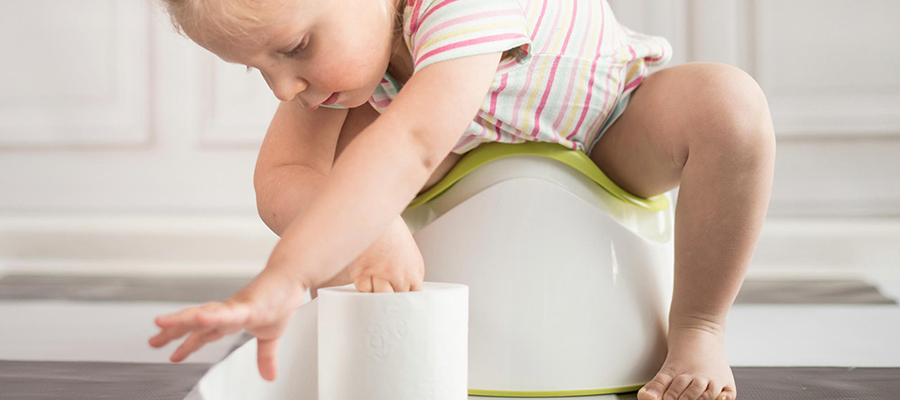
Estimated reading time: 4 minutes and 13 seconds
Diarrhea Treatment for Children
Expert Diarrhea Treatment for Children at Aktif International Hospitals
Diarrhea is a common gastrointestinal condition in children characterized by frequent, loose, or watery stools. While often temporary and mild, diarrhea can be concerning for parents and caregivers, especially when it affects young children. At Aktif International Hospitals, we offer expert diarrhea treatment services specifically tailored to meet the unique needs of children. Our experienced pediatric healthcare providers are dedicated to diagnosing and treating the underlying cause of diarrhea in children and providing compassionate care to support their recovery.
Frequently Asked Questions
What causes diarrhea in children?
Diarrhea in children can be caused by various factors, including:
- Viral infections: Viral gastroenteritis, also known as the stomach flu, is a common cause of acute diarrhea in children. Viral infections can be transmitted through contaminated food or water, poor hygiene practices, or close contact with infected individuals.
- Bacterial infections: Bacterial infections such as food poisoning, traveler’s diarrhea, and bacterial gastroenteritis can cause acute diarrhea in children. Bacteria such as Salmonella, E. coli, Campylobacter, and Shigella are common culprits.
- Parasitic infections: Parasitic infections such as giardiasis, cryptosporidiosis, and amoebiasis can cause chronic diarrhea in children, especially in regions with poor sanitation and hygiene practices.
- Food intolerances: Food intolerances, such as lactose intolerance or gluten intolerance, can cause diarrhea in children when certain foods are consumed.
- Medications: Certain medications, such as antibiotics, can cause diarrhea as a side effect in children.
How is diarrhea in children diagnosed?
Diarrhea in children is typically diagnosed based on a thorough medical history, physical examination, and laboratory tests, including:
- Stool analysis: Stool samples may be analyzed to detect the presence of infectious agents, such as bacteria, parasites, or viruses, that may be causing diarrhea.
- Blood tests: Blood tests may be performed to assess electrolyte levels, kidney function, liver function, and signs of inflammation or infection.
- Imaging tests: Imaging tests such as abdominal ultrasound, computed tomography (CT) scan, or magnetic resonance imaging (MRI) may be ordered to evaluate the gastrointestinal tract and identify any structural abnormalities or underlying conditions.
What are the treatment options for diarrhea treatment for children?
Treatment for diarrhea in children depends on the underlying cause and severity of symptoms and may include:
- Fluid and electrolyte replacement: Replacing fluids and electrolytes lost through diarrhea is essential to prevent dehydration and maintain hydration in children. Oral rehydration solutions (ORS) or intravenous (IV) fluids may be administered to replenish lost fluids and electrolytes.
- Dietary modifications: Dietary changes, such as avoiding fatty foods, dairy products, spicy foods, and sugary beverages, can help alleviate symptoms and reduce irritation to the gastrointestinal tract in children.
- Medications: Over-the-counter antidiarrheal medications such as loperamide (Imodium) or bismuth subsalicylate (Pepto-Bismol) may be used to help control diarrhea and reduce frequency of bowel movements in children. However, these medications should be used with caution and under the guidance of a healthcare provider, especially in cases of bacterial or parasitic infections.
- Antibiotics: Antibiotics may be prescribed for bacterial infections causing diarrhea in children, such as traveler’s diarrhea or bacterial gastroenteritis. However, antibiotics are not effective against viral or parasitic infections and may be unnecessary or even harmful in some cases.
When should I seek medical attention for diarrhea in my child?
You should seek medical attention for diarrhea in your child if:
- Diarrhea persists for more than a few days or is accompanied by severe symptoms such as high fever, persistent vomiting, signs of dehydration (e.g., excessive thirst, dry mouth, dark urine, lethargy), or bloody or black stools.
- Your child has underlying medical conditions such as diabetes, kidney disease, or compromised immune function that may increase the risk of complications associated with diarrhea.
- Your child is younger than six months old and experiencing diarrhea, as it may pose greater risks to infants due to their smaller body size and limited fluid reserves.
- Your child is unable to tolerate oral fluids or is exhibiting signs of severe dehydration, such as sunken eyes, rapid breathing, or a weak or rapid pulse.
Trust Aktif International Hospitals for Expert Diarrhea Treatment for Children
At Aktif International Hospitals, we understand the importance of prompt and effective treatment for diarrhea in children to prevent complications and promote recovery. Our experienced pediatric healthcare providers are dedicated to providing expert diarrhea treatment services specifically tailored to meet the unique needs of children. Whether your child is experiencing acute or chronic diarrhea, you can trust Aktif International Hospitals to provide compassionate care and support throughout their treatment journey. Schedule a consultation with us today and let us help your child feel better and get back to being healthy and happy.
Author: Cemil Hocazade


 TR
TR FR
FR ES
ES RU
RU RO
RO